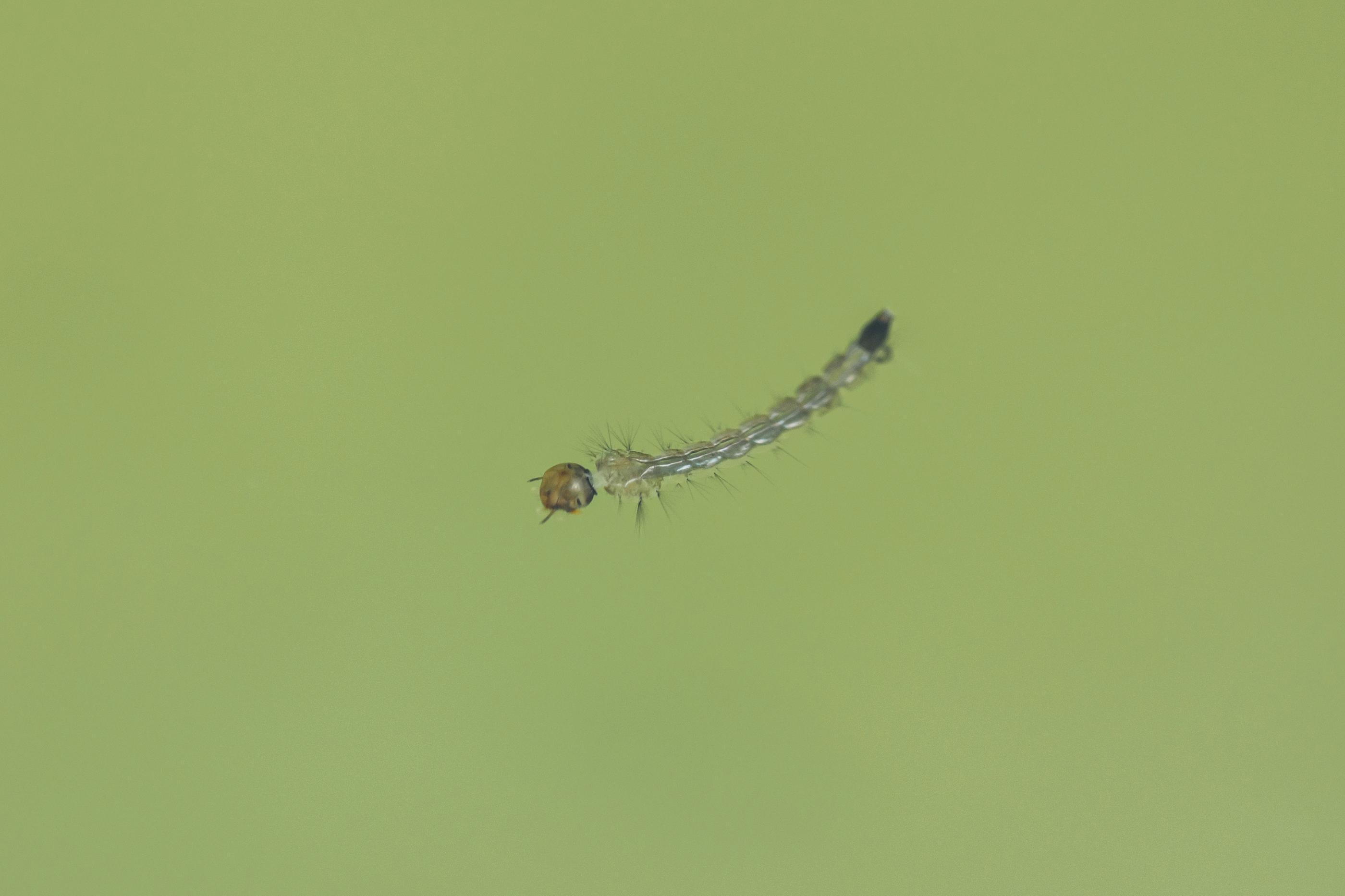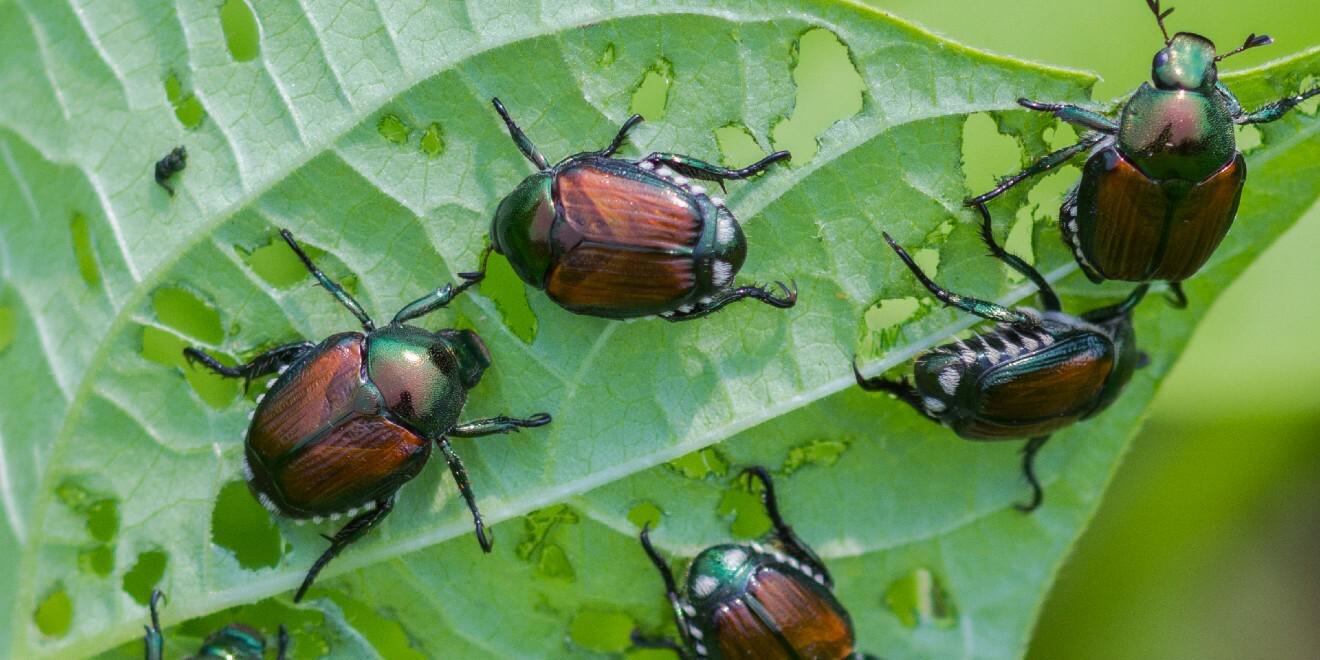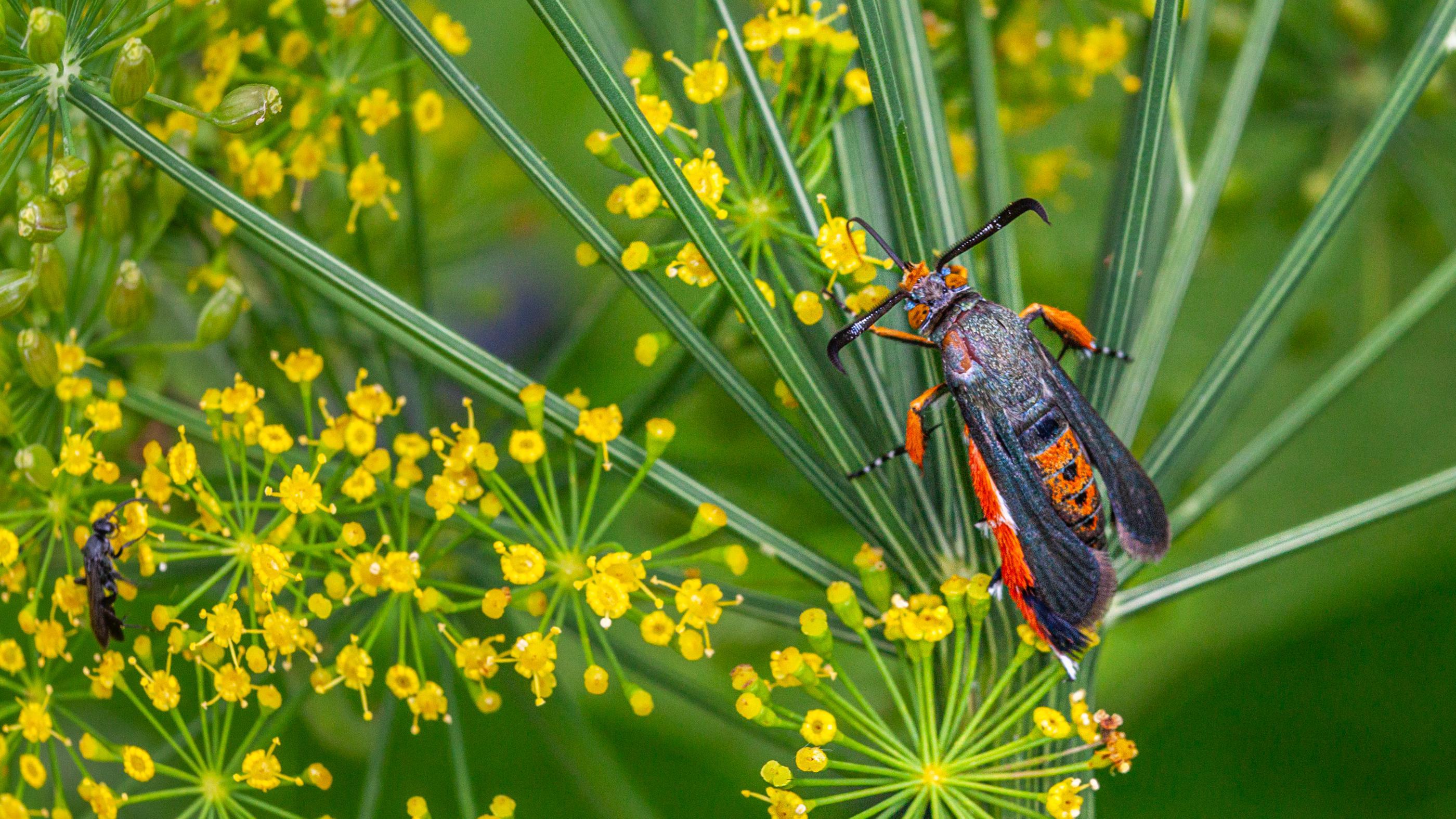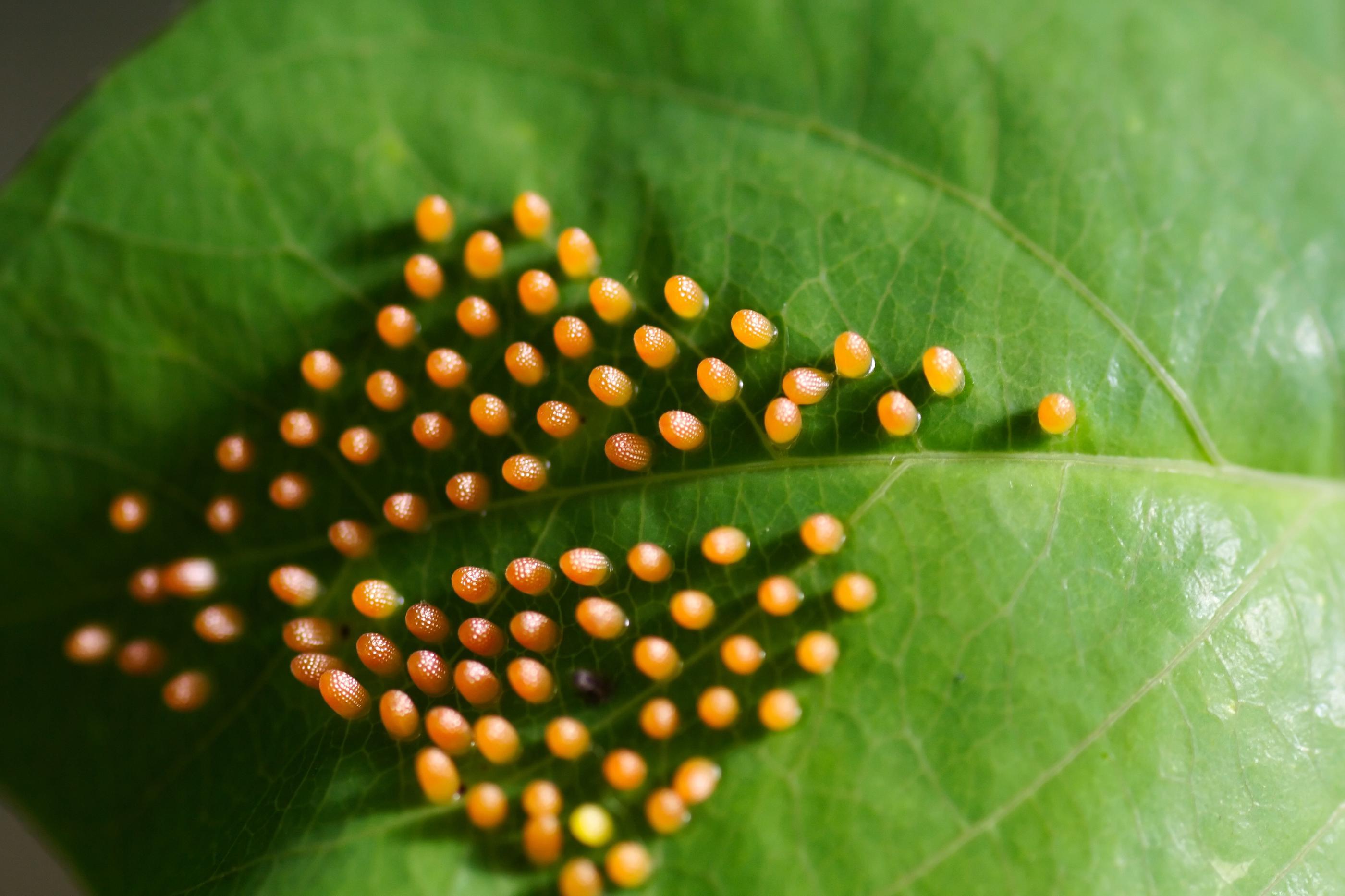Fall Hikers and Outdoor Explorers Beware – Ticks Are Out to Bite You
Posted by Mosquito Squad
December 19, 2023

We get it. The heat of summer is now over, and you are so looking forward to getting back outdoors and having some real fun. Longer walks. Hiking in nearby mountains and hillier elevations. Wondering at the crimson and gold palette that autumn brings as you meander through generous displays of leaves, now on the ground, moist from the morning dew. Sounds great, doesn’t it?
Don’t allow a tick bite to make you the star of your own horror story.
It can be a horror story, if a tick lands on you or a companion and bites its way into your skin to feast on your blood. Oh – how gross is that? Worst case scenario, you may get infected with Lyme disease, and that can be devastating.
Lyme disease is caused by four main species of bacteria. Borrelia burgdorferi and Borrelia mayonii cause Lyme disease in the United States. The most common tick-borne illness in these regions, Lyme disease is transmitted by the bite of an infected black-legged tick, commonly known as a deer tick.
You're more likely to get Lyme disease if you hike or spend time in grassy and heavily wooded areas where ticks carrying Lyme disease thrive. It's important to take common-sense precautions in tick-infested areas.
Be sure to cover virtually all parts of your body so no bare flesh is exposed. Protect yourself and your children by wearing long sleeves and long pants. And be sure not to allow your pets to wander in tall weeds and grasses.
What if you find a tick on your body when exploring the outdoors?
If you discover a tick has attached itself to your skin, it's important to remove it as soon as possible. Doing so will lower your risk of getting Lyme disease. Be sure to examine your entire body when returning from the outdoors as you may not feel anything at first. Be especially sure to check your children and pets. And when you discover a tick, dispose of it properly.
Tweezers are recommended to gentle take the tick out of your flesh. Normal tweezers can be used, as long as the tips of the tweezers bend inwards. If the tips are flat, the tick will be squeezed when you try to get hold of it. You do not want that to happen, as bacteria and germs could be squeezed out of the tick and into your body.
If tweezers are not available, another tick removal method is to remove a tick gently. You can put some dishwashing liquid on a piece of gauze and rub the tick gently. It will just come out or let go on its own, where you can carefully wipe up and away from the tick’s point of entry to remove it.
If you remove the tick at home, The Squad recommends washing the area and then waiting to see whether the rash or fever that's typical of Lyme disease develops before starting treatment. Also be on the lookout for signs that you have left any of the tick’s mouthparts beneath your skin. This could result in an infection around the bite site.
Don’t forget at-home tick control.
And while personal tick protection measures are imperative for hikers and outdoorsy types, remember that at-home tick control should be a continual effort – one that does not end with summer weather. Get in touch with Mosquito Squad of Franklin & Framingham to discuss getting your fall tick control regimen underway.















